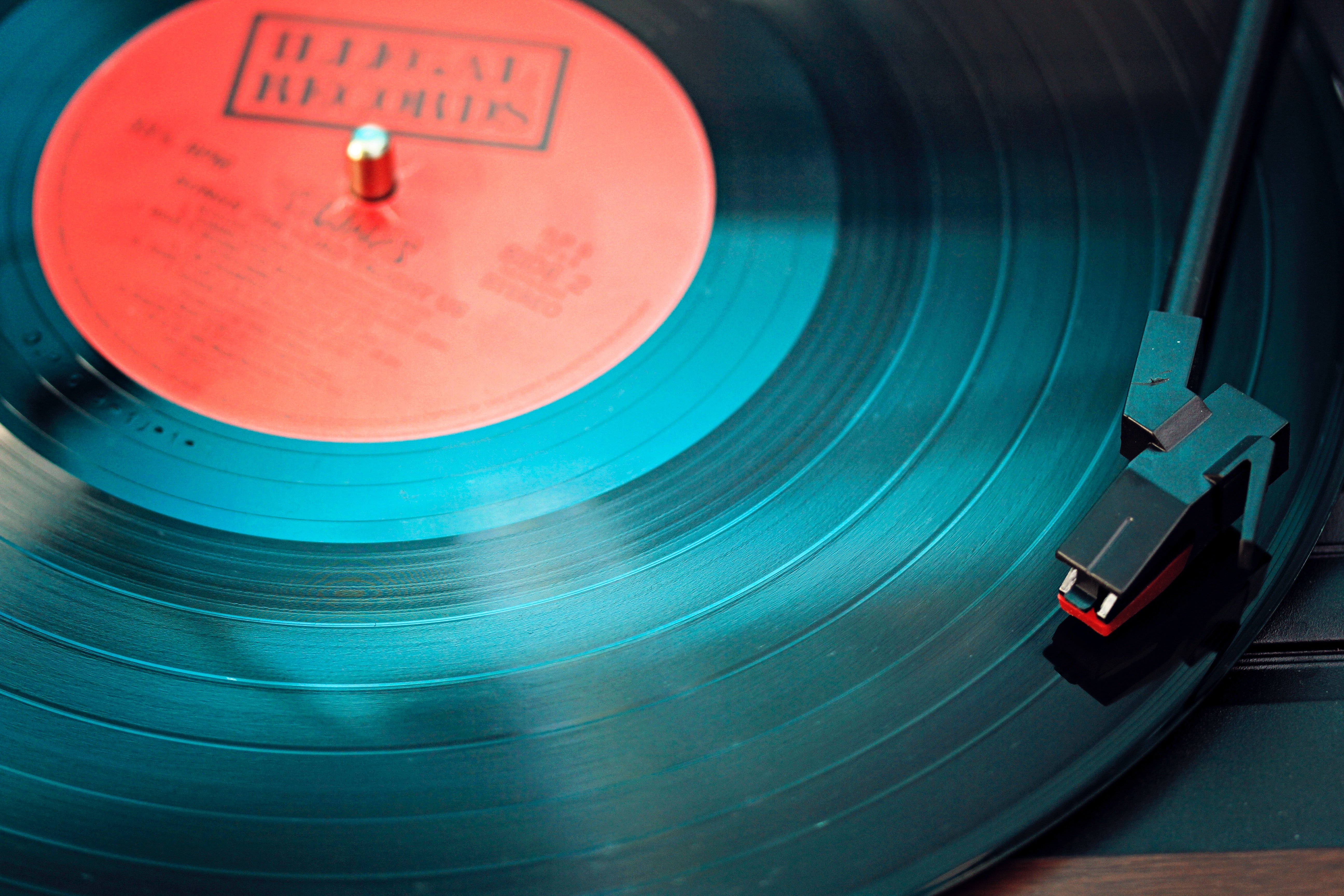
Are You Playing Their Favourite Songs?
By Peter Don, BPR

It seems we’re already in the music ‘doldrums’?
Over the course of 2019 a group of listeners aged between 18 and 40 were asked to rate a large number of songs …. The songs tested included relatively even numbers of songs from 1980s, 1990s, 2000s and 2010s.
During the year, 1,329 individual songs were surveyed.
To find the ‘best’ songs surveyed over the year, the results were filtered:
Passion – songs that had more that 25% ‘fav’ – love it
Positive – songs that had more than 50% positive scores
Negative – songs that have less than 15% negative scores
Burn – songs with less than 12% burn
From the total, 570 songs met this criteria.
Total songs tested in 2019:

It is no real surprise that the remaining songs in the list would be small, what is significant is the age of the music that is left.
Comparing these groups of songs in whole ‘decades’ shows that music from the 1980s and 1990s represents 55% of the total.
It also shows a decline in ‘passion’ for the music of the past two decades.
Breakdown of songs by decade:

The comparison of results for songs over the past four decades shows that despite the fact that there has been strong appeal for 90s music, the trend on music from the past decade is less positive and attracts lower passion than the music from earlier periods.
Some years show some exceptions to the trends, as an example 2013 and 2014 are strong however songs from the past two years rate relatively poorly.

So, what does this mean?
There is more music being made today than ever before, but more is not necessarily better – greater supply may also mean lower quality. Music cycles are shorter as songs are replaced more quickly through downloads and streaming.
In turn, listeners get bored more easily, turning to the ‘next big thing’. As we’ve also seen big name artists – even well-established ones are no longer guaranteed success for their next release, and the result is greater churn in both songs and artists.
This relative lack of music passion may also be a result of ‘sameness’ in the music, where artists and songs sound similar – formula pop.
Listeners crave variety.
Boredom with current music may be due to sameness in style and sound .. a new decade can also mean new directions in music – look for contrast, it provides freshness – new directions means it probably doesn’t sound like the hits of the past two or three years.
Listeners also like certainty.
When times become less certain – emotionally and economically, older music provides certainty, the familiarity of better times. In this case there are great results for songs that were made before many of these listeners were born.
The Takeout
New does not mean better. Old is a relative perspective as many of these ‘old’ songs are more powerful than the new ones.
Music age and appeal does not always correspond to listener age.
Discussion
No comments on this post yet, start a discussion below!